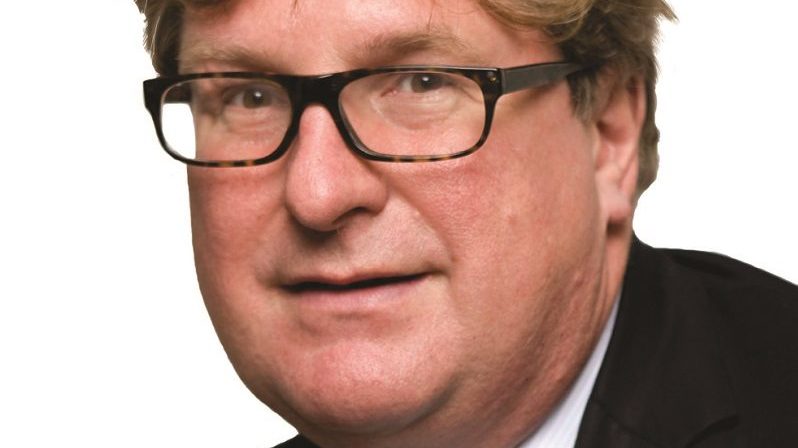Crispin Odey has hit out at Boris Johnson’s government for overspending on the coronavirus response relative to the number of potential deaths.
In the UK, the combination of the coronavirus lockdown and government spending has totalled £350bn. But Odey reckons based on a potential death toll of 500,000 people only £12.5bn should have been spent on preventative action. That calculation is based on National Institute for Clinical Excellence standards, which suggest the cost of medicine should not be more than the average income of a country.
If Covid-19 lasts a year it would reduce living standards by 32%, Odey said in the July monthly factsheet for the LF Odey Opus fund.
The hedge fund manager is worried about the inflationary impacts of policies introduced to address the economic fallout of the coronavirus lockdown.
“Inflation comes when too much money is chasing too few goods. If, thanks to furlough, incomes are holding up better than output, watch out.”
That would knock growth stocks if it comes to fruition, he said.
“The oil industry is faced with a 20% cost of capital whilst its renewables competitor faces a sub 3% cost of capital. Why? The answer lies in the fact that growth stocks are trading off the zero risk free returns being given to government bonds and now extended to corporate bonds, whilst the old economy is having to think about the hangover caused by Covid.
“Nothing comes to an end for this cycle until inflation starts to limit central bank activity and once bond yields start to rise, then these sky high valuations will have nowhere to go but down.
“When does this happen? My point is look around you. Travel on the train. Try enjoying inner cities. These are empty playgrounds, subsidised by government money. The money keeps on coming until the government cannot borrow and they cannot borrow until inflation has made bonds very unattractive.”
The UK was likely to face higher inflation than the US due to the greater executive power held by the prime minister. “Look at how difficult it has been to get furlough extended thanks to Congress. One gets stagflation and one gets recession.”
Odey blamed recession-shy policymakers for social unrest.
“The gap between the rich and the poor has reached an inflection point. The feeling that state schools are victimised by the marking procedure for the academic results, the feeling that coloured people are victimised, and I could go on closer to home,” he said using a term that both the Merriam Webster Dictionary and Oxford Dictionary describe as dated and offensive.
“All of this historians will ascribe to the unwillingness of the authorities to allow a recession which would have allowed a rejuggling of the pack, for those that were young or poor to change places with those that were rich and old etc. etc.”
So where does Odey think investors should allocate their money?
He is sceptical about gold, stating it “actually trades both in line with the tech stocks and falling nominal yields”. “That makes it very good as an asset to hold this side of inflation and very dangerous into an inflationary cycle.”
He predicts the precious metal will trade in line with momentum stocks as it did during the early part of the bear market in 1973-74.
Instead he sees greater upside in assets with the highest running yield. “Selling government bonds yielding 0.5% per annum for 30 years and buying businesses where valuations give you a 30% running yield on normalised earnings must ultimately be the right thing.”
“Unless the world has changed for good,” he concluded. “But everything that is solid has already appeared to dissolve into air. Governments cannot keep us in suspended animation forever, even if that is what they would like to happen.”









